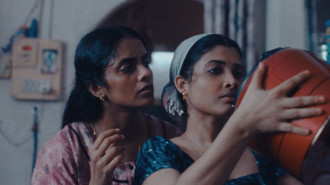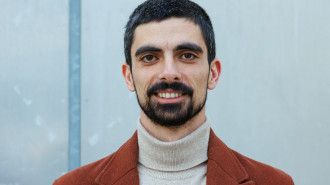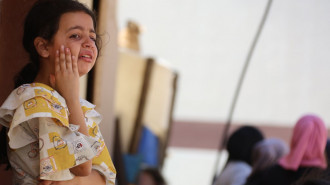Pink Floyd singer helps Syrian refugee receive life-changing prosthetics
A Syrian girl who lost both her hands in a bombing in the early years of the war is to get prosthetic fingers thanks to a British rock star.
Pink Floyd singer Roger Waters has helped a medical charity reach its funding target so that Fatima, who was just 12 when an explosion stuck her home in Syria early in Syria's war, can undergo life-changing surgery to rebuild her hands, and her life.
Escaping to Lebanon to live in UN accommodation, Fatima spent four years hiding her wounds, refusing to leave the house or enrol at school.
It wasn't until 2015 when International Network for Aid Relief and Assistance (Inara) organised an x-ray in Beirut that gave Fatima hope she had not lost the use of her hands forever.
The image revealed the bones within her hands were whole, meaning that with time, and several surgeries, Fatima could be fitted with finger-like prosthetics.
Now 15, she is about to undergo a small skin graft - the last of several surgeries - before a prosthetic can be fitted.
"Fatima's case was one of the biggest we've ever taken on at Inara. It was a big challenge," Sofia Karim, the charity's programme manager, said.
"So many people donated, and I just want to say a huge thank you to Roger and every single person who gave so generously to help Fatima. With your help we can provide much-needed life-altering medical treatment for refugee children from Syria."
Waters, 73, has been vocal on various humanitarian issues including Israel's occupation of the Palestinian territories.
In 2011 he announced he joined the Boycott, Divestment and Sanctions movement and most recently urged DJ duo Chemical Brothers not to perform in Tel Aviv.
Last year he told Huffington Post that the West - because of its interventions in Syria and Iraq against the Islamic State group - has an "absolute moral duty and humane responsibility to help these refugees".
Fatima is now more determined than ever to achieve her dream of becoming a language teacher.
"Once I receive treatment, I am going back to school," she said.
Inara was set up in 2015 to combat the severe lack of funding and resources for refugee children in need of complex treatment for injuries sustained in the war.

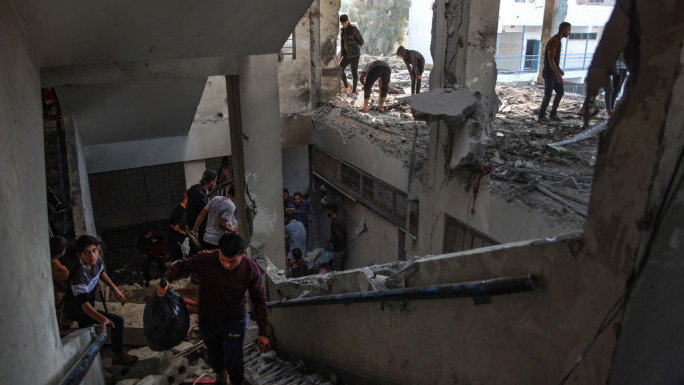
![President Pezeshkian has denounced Israel's attacks on Lebanon [Getty]](/sites/default/files/styles/image_684x385/public/2173482924.jpeg?h=a5f2f23a&itok=q3evVtko)

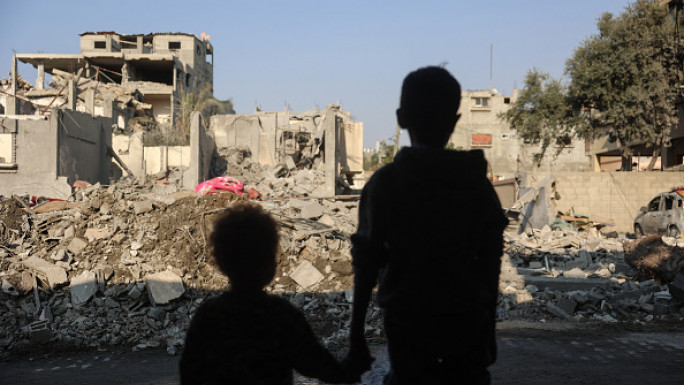
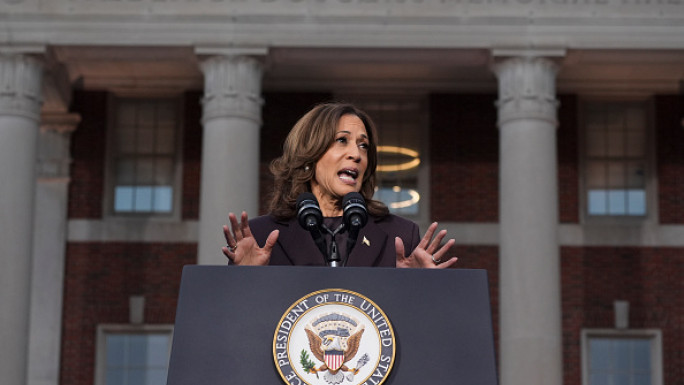
 Follow the Middle East's top stories in English at The New Arab on Google News
Follow the Middle East's top stories in English at The New Arab on Google News
